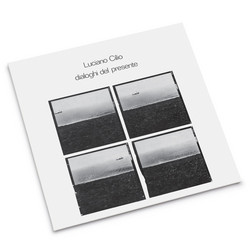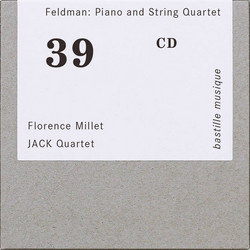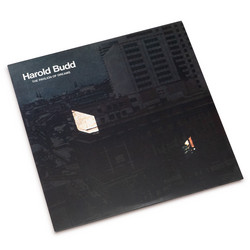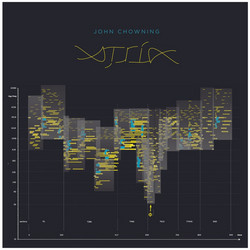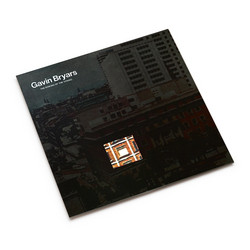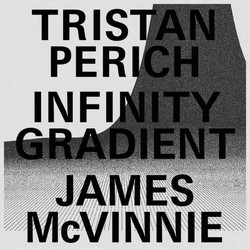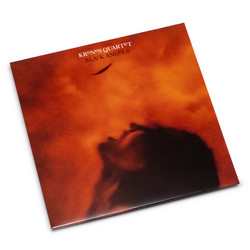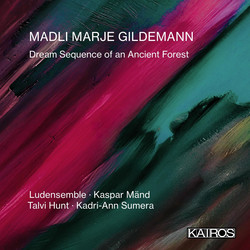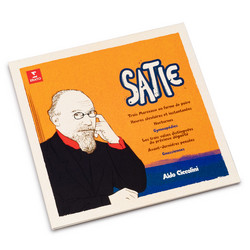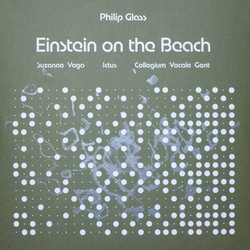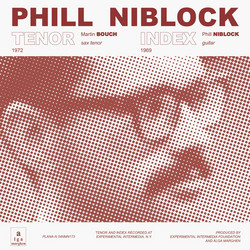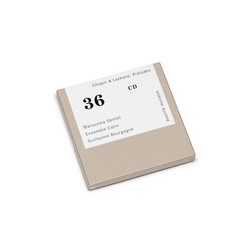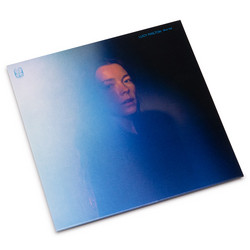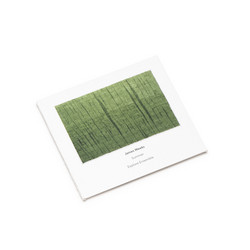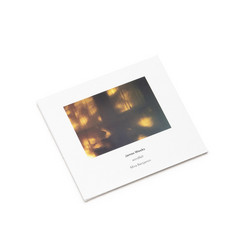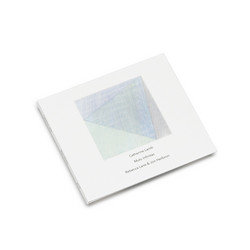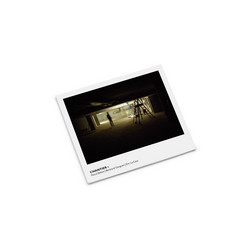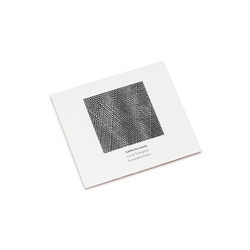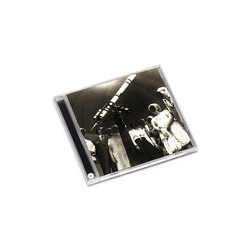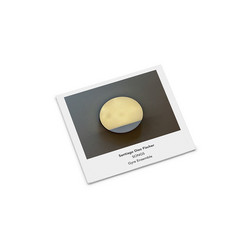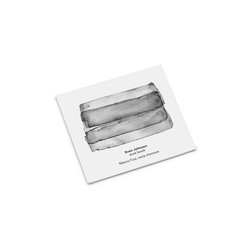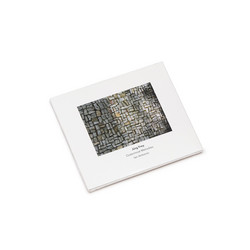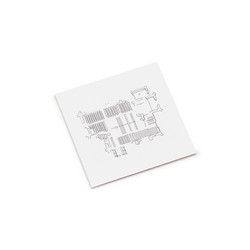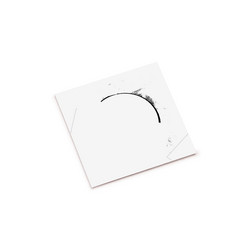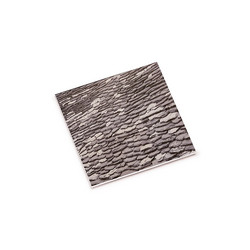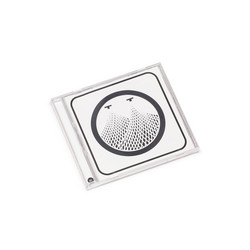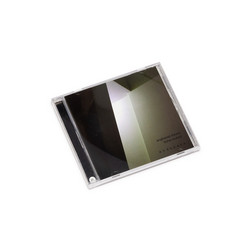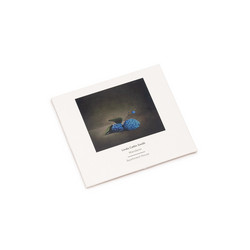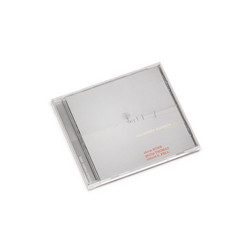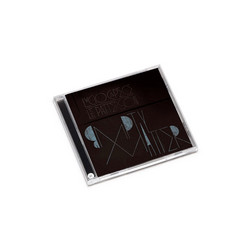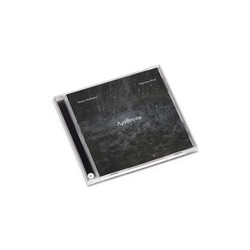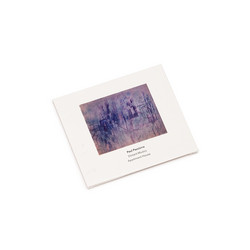Nicolas Gombert, James Weeks
G o m b e r t
Facing cancer surgery, Simon Reynell asked himself: what happens when you strip Renaissance polyphony of its angels? The Another Timbre founder had grown skeptical of the "pious, precious quality" dominating early music performance. So he commissioned Apartment House to record Nicolas Gombert (c.1495-c.1560)—not in echoing cathedrals but Sheffield's dry acoustics, not with voices but clarinets, bass flutes, muted trumpet, and strings. Clive Bell calls it "one of the least expected and most beautiful records we are likely to hear this year." Gombert belonged to the generation after Josquin, pushing polyphonic complexity to extremes. His six-voice Mille regretz—adding two low voices to Josquin's famous chanson—typifies this: denser weave, darker colors, yet somehow luminous melodies. At career's height, serving Holy Roman Emperor Charles V, Gombert was condemned to the galleys for raping a choirboy. Pardoned after seven years but ruined, he drifted into obscurity.
Reynell wanted confrontation, not sanitization. "The music comes from a brutal world," he insists. Gombert traveled with Charles V—music lover and militaristic emperor—to battlefields where wars were fought "not dissimilar to Gaza today." The church wasn't refuge from politics; it was power's epicenter.
James Weeks—composer, ex-chorister, EXAUDI director—arranged seven motets and one chanson, alternating winds and strings, putting bass clarinet at the very bottom for "a wonderful gritty, grungy sound." His instruction to Apartment House: roughly mezzopiano, no vibrato, no expressive swells, no piety. "Authenticity in terms of timbre was not on our menu," Weeks explains. "We were looking for another timbre."
The clearly defined instrumental voices reveal contrapuntal architecture with startling clarity. "You hear things you probably wouldn't hear in a beautifully blended choral version," Weeks notes. Between Gombert's intricate webs, Weeks inserted four media vita interludes—scored for clarinet, bass clarinet, viola, cello, piano, and sine tones—providing "moments of stillness amidst the liveliness." He drew on Gombert's melodic fragments, recast microtonally as "deliberate 'out of tune' versions," imagining "coloured silence" like translucent Japanese screens.
Should we perform music by someone who committed such violence? Both acknowledge the difficulty. Gombert was severely punished in his time. "500 years later," Reynell argues, "we don't need to extend it further." Peter Margasak included it in Bandcamp Daily's January 2025 essentials, noting how "these old and new collisions make the material sound utterly vital and fresh."
No reverence, no uplift, no escape. Instead: material history, moral complexity, and polyphony revealing its architecture through instrumental clarity.
Apartment House:
Rebecca Toal, trumpet
Kathryn Williams, alto & bass flutes
Heather Roche, clarinet & bass clarinet
Vicky Wright, clarinet & bass clarinet
Raymond Brien, clarinet
Anton Lukoszevieze, cello
Bridget Carey, viola
Chihiro Ono, viola
Rachel Stott, viola
Mira Benjamin, violin
Kerry Yong, piano
James Weeks, conductor
